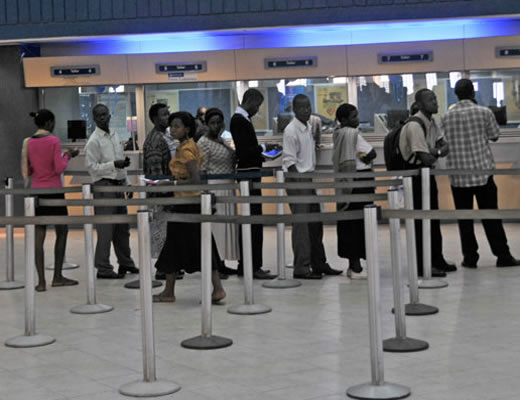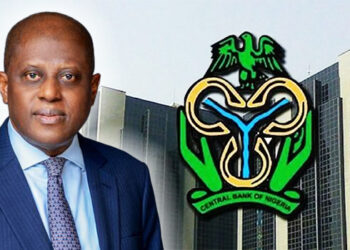The health of some major Nigerian banks is being threatened by a recent default on a facility granted to one of their prime customers, Seven Energy Nigeria Limited (SENL), a privately held oil and gas exploration and development company with headquarters in Lagos, Nigeria.
Ecobank Nigeria Limited, FCMB , and Union Bank Plc were among the syndicate of banks that, on July 15 2016, granted a $445 million Senior Debt Facility to Accugas Limited, a wholly owned subsidiary of SENL, to refinance existing facilities and support medium-term capital requirements, but the facility is turning to a bad loan for the banks.
SENL, which has been having liquidity challenges as its 2016 half year free cash flow reached a record negative US$ 81 million, has defaulted on all its facilities, including those of the banks, raising concerns among analysts about renewed pressure on banks’ loan portfolio quality.
“The development is not good for the banking sector”, said an analyst who did not want to be named, adding, “but the situation is not new, as some of the banks anticipated the default and therefore took the hit by provisioning for it”.
Continuing, the analyst said, “other banks may not have made such provisions, but overall, the problem is not peculiar to Seven Energy, as other oil and gas companies have also defaulted on their facilities”.
In a move to manage the feelings of its creditors, Seven Energy has initiated a series of save-our-soul pleas to its lenders, culminating in an agreement for coupon capitalisation by 77 percent of its bondholders.
SENL disclosed in statement in Lagos, that “the company is continuing to engage and cooperate with note holders in this regard and the necessary parties have agreed to extend further, the deadline for the launch of the Agreed Transaction Consent Solicitation until 10am (Brussels time) on Wednesday, November 2, 2016 in order to facilitate this process”, in reference to its variously-couponed US$400 million Senior Secured Notes due 2021.
Fitch, a foremost credit rating agency, had downgraded the credit rating of SENL from CC, reflecting very high levels of risk to C, and indicating that the company has exceptionally high-risk levels.
Citing weak cash flows, precarious liquidity position, and weak recovery outlook, Fitch noted, “the downgrade follows Seven Energy’s recent announcement that it has started restructuring negotiations for its USD300 million secured notes and USD100 million secured private notes. It involves the coupon capitalisation for up to four periods, starting from October11, 2016 subject to certain conditions.”
Ultimately, the precise implication of the SENL facility default on the banks will become clearer when the banks involved release their results.
Calls made and mails sent to Seven Energy to ascertain the true position of the banks’ facilities were not answered.
“We don’t know whether the banks have incorporated the default scenario in their results. Of the banks that have loan exposures to Seven Energy, only Union Bank and Ecobank have released results”, said analysts from Cordros Capital, a Lagos-based investment bank.
“We expect to get more information on the effect of the news on its balance sheet during banks conference calls scheduled for next week.”
Ecobank’s third quarter (Q3), 2016 results saw impairment losses on loans and advances surging by 67 percent to N49 billion ($205.5 million), from N29.5 billion ($149.7 million), in 2015.
Union Bank’s impairments were up 190 percent to N12.8 billion in the third quarter of 2016, compared to N4.4 billion in 2015 as its Non Performing Loan ratio increased to 9.4 percent from 7 percent in December 2015.











